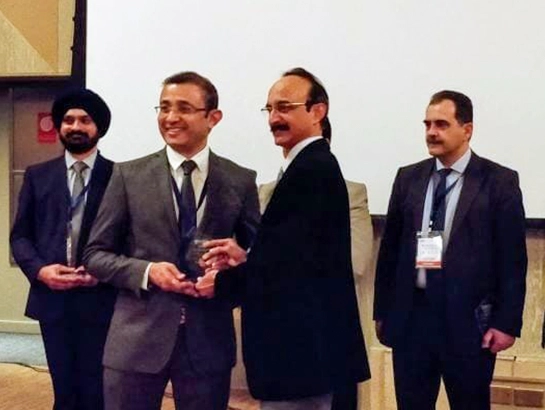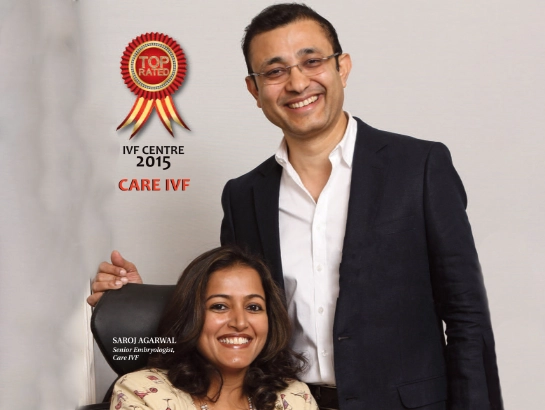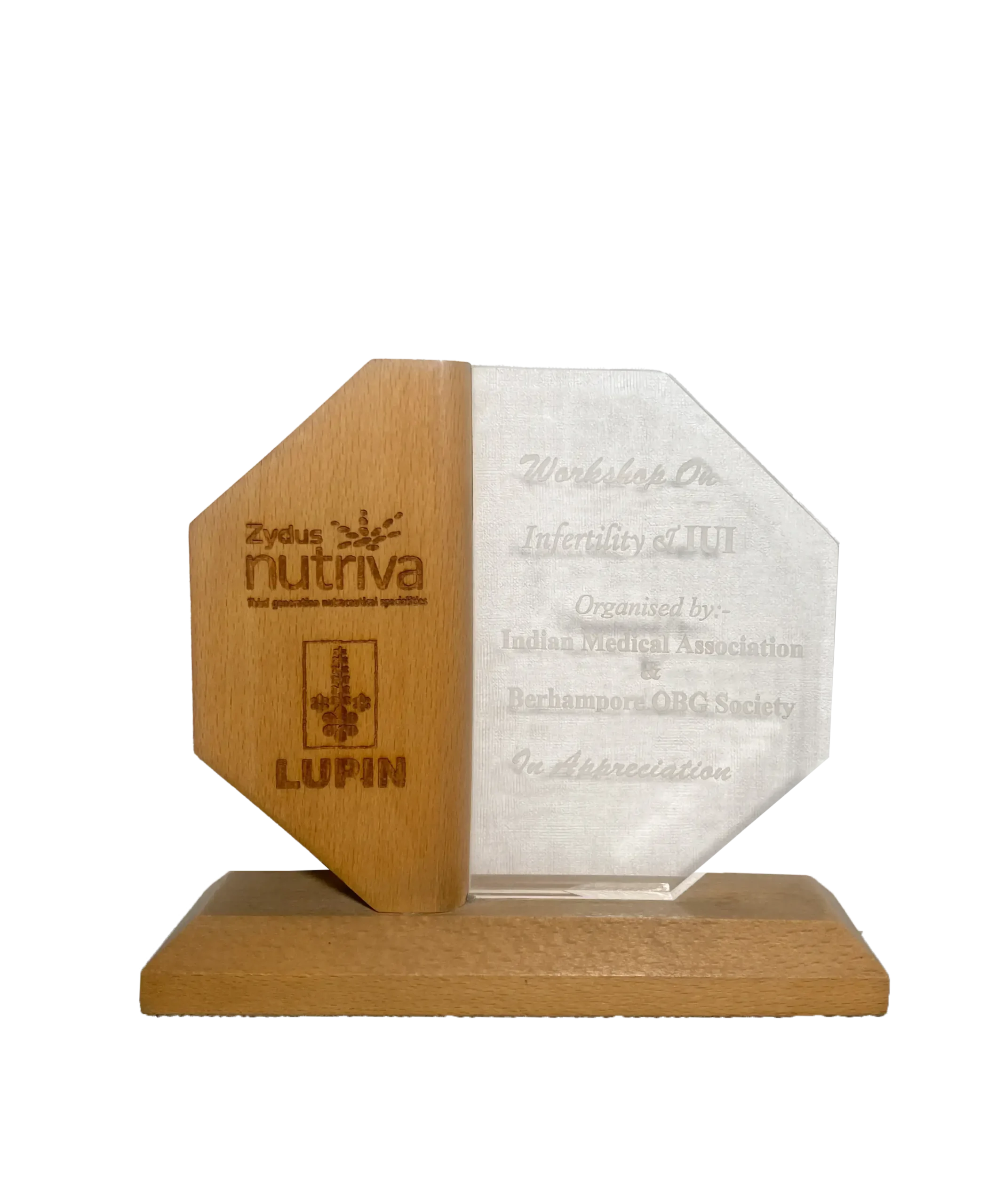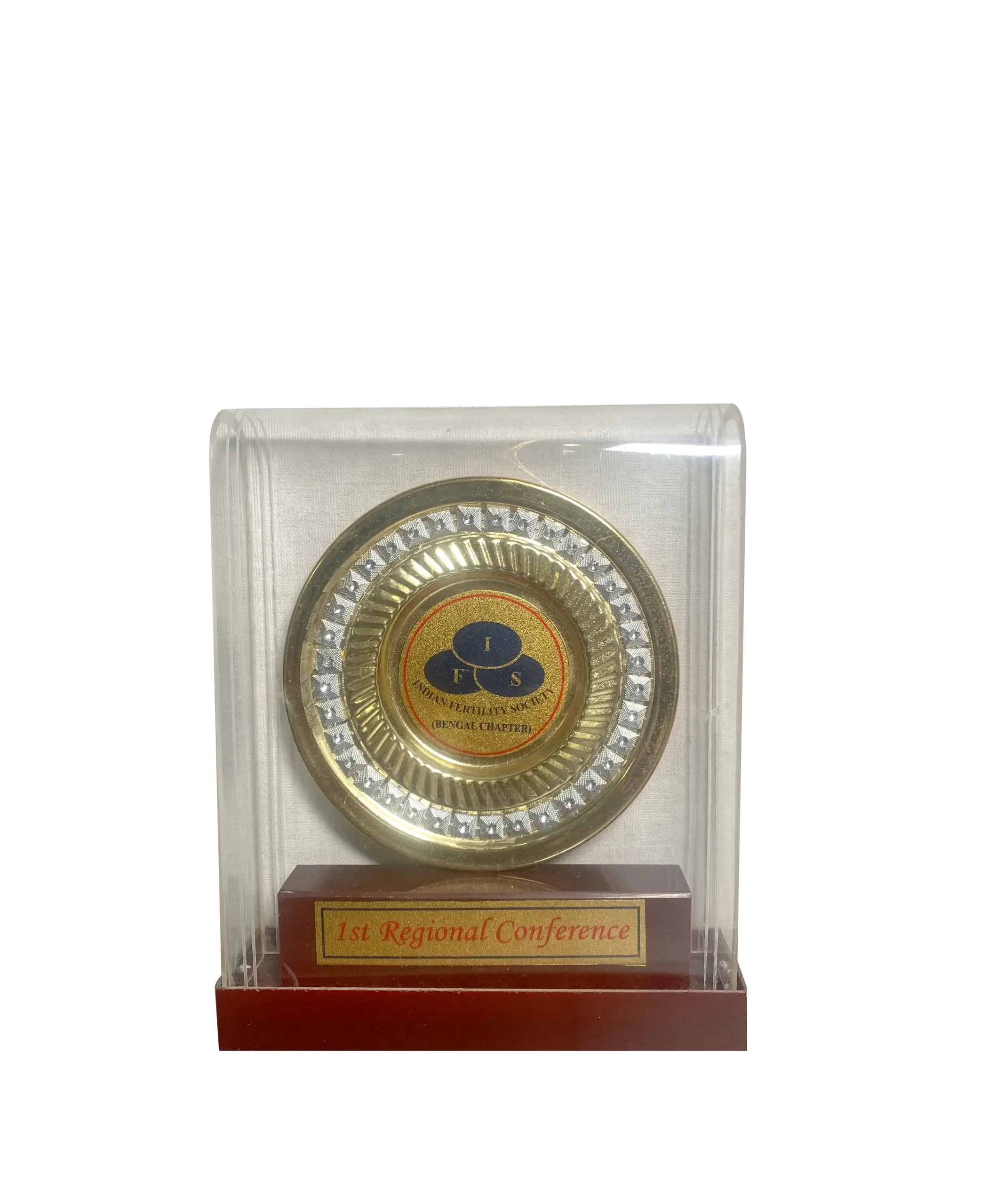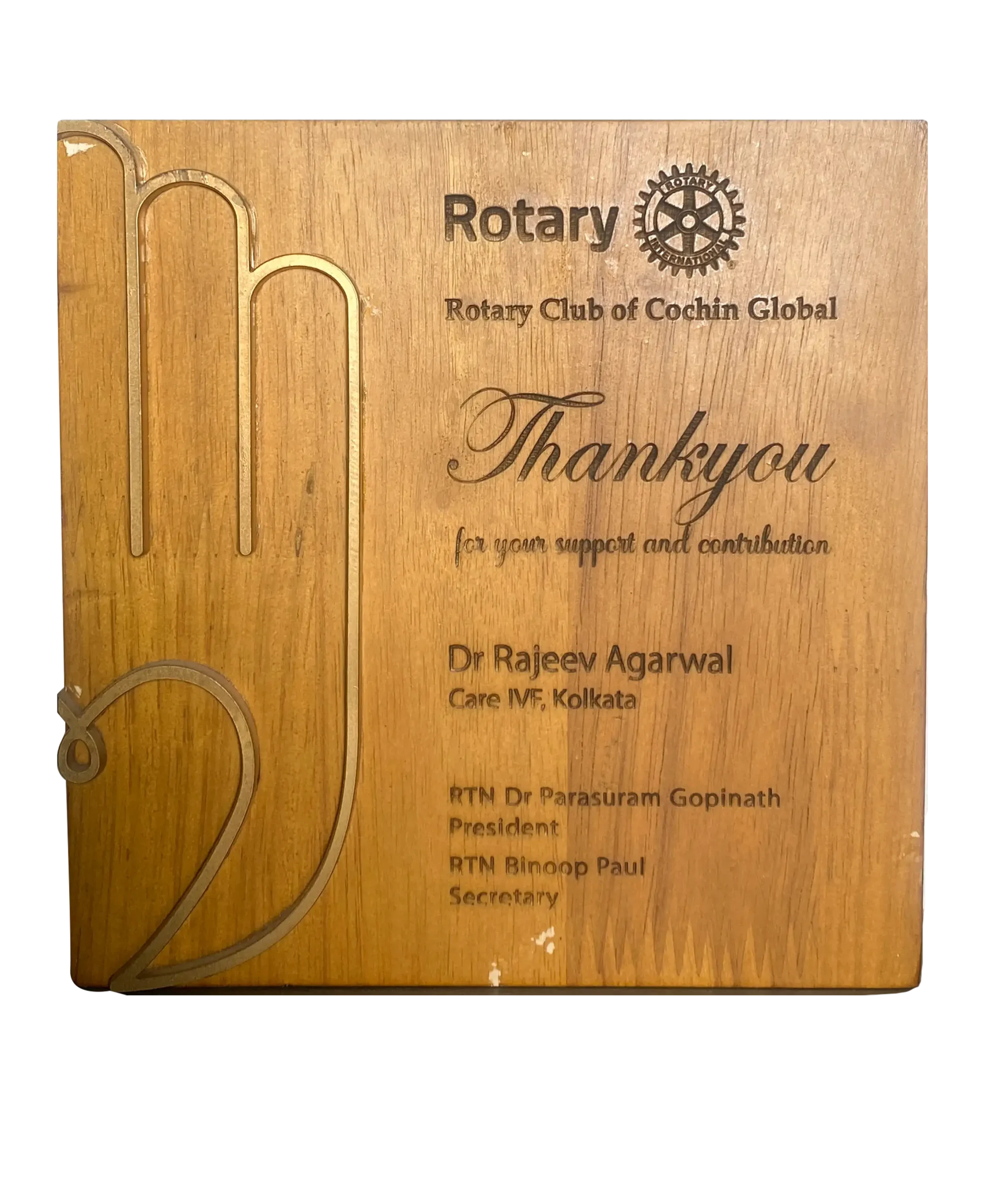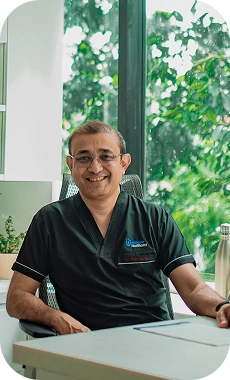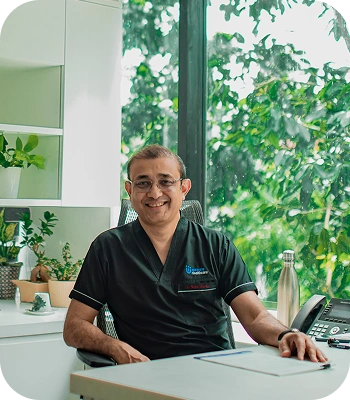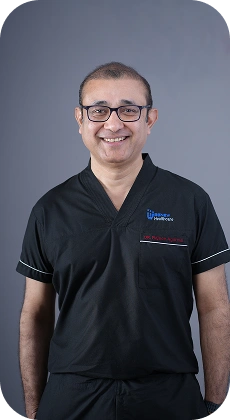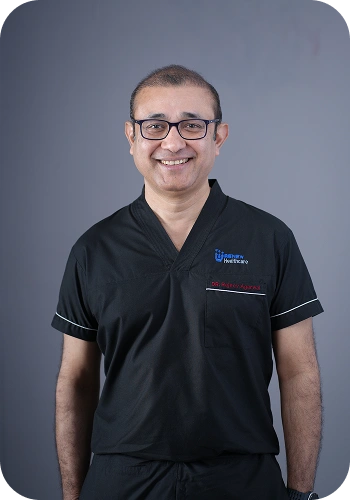Laying the Foundations of a Medical Dream
My journey began at Calcutta National Medical College, where I earned my MBBS and was awarded three accolades for my achievements in Anatomy. Following my father’s sage advice to gain practical experience, I immersed myself in various clinical roles, refining my skills before pursuing specialization.
Although my initial plan was to study further in the UK, fate had other ideas. I found myself at Kasturba Medical College, Manipal, under the transformative mentorship of Dr. Pratap Kumar. Those rigorous years of intense training challenged me but also shaped my resilience and expertise, laying the groundwork for my future specialization.


